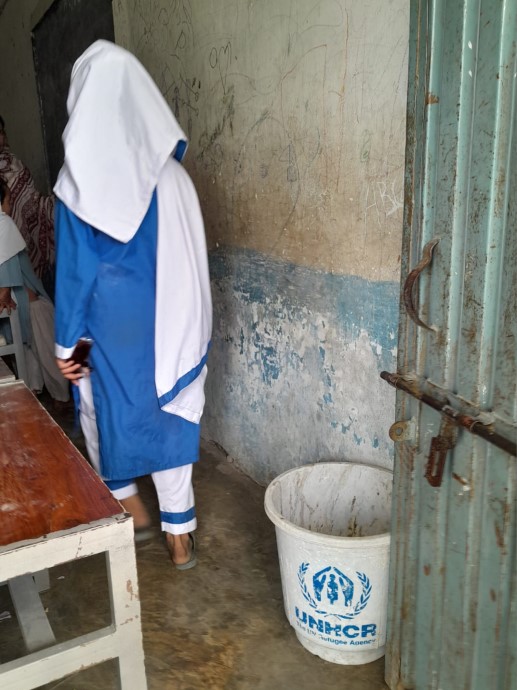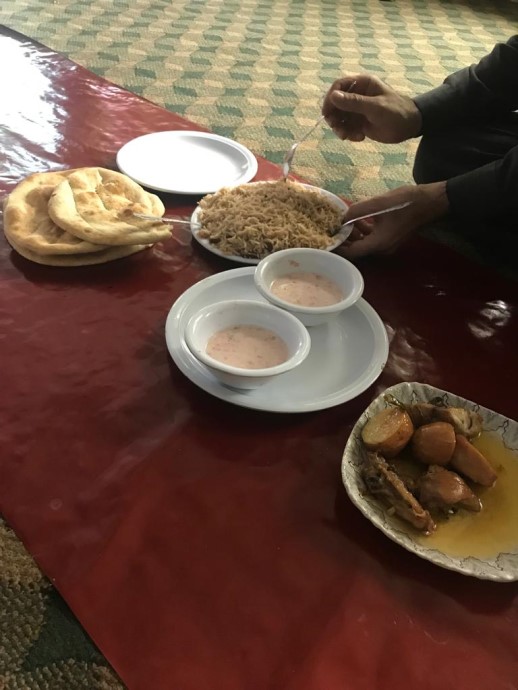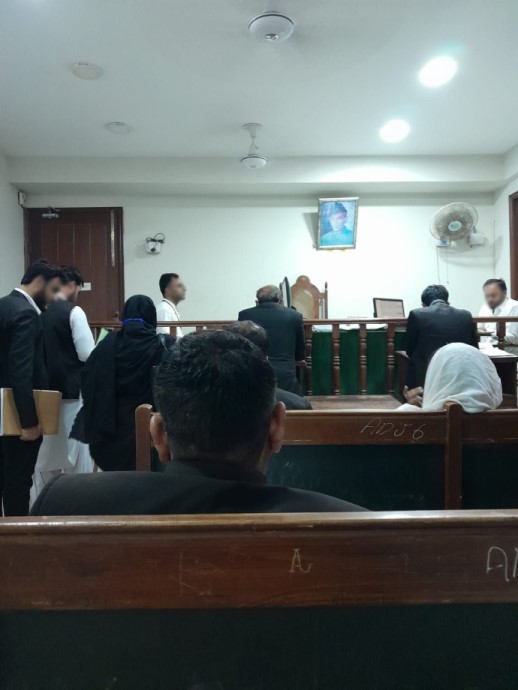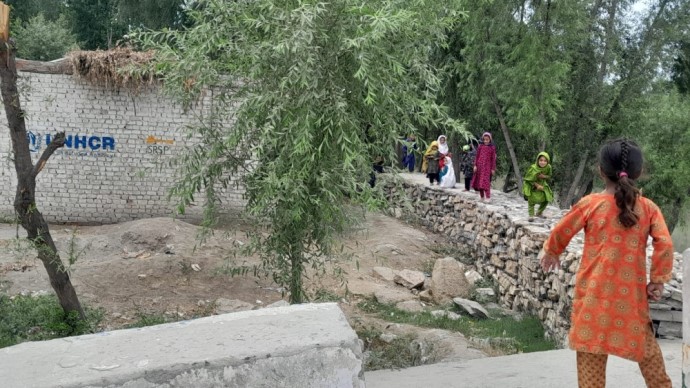Research on refugee protection in Pakistan
"I must get back to my writing. I have a deadline to submit my paper. I am writing about the jurisprudence on Afghan refugees in Pakistan.
The stories in the case law and the images of online media reports are taking me back to the meetings I had with Afghan refugees earlier this year across Pakistan. I visited and stayed there for a year for the fieldwork research. I was also at Torkham. These images are alive, I can almost hear them speaking to me. Their faces are familiar. Old faces are worn and tired with very little hope for better times.
As an academic, how do I relate to them? How do I deal with my sadness and the meaninglessness of it all? What difference will my writing make, if any?"
- Excerpt from Kazmi's research diary
Field research
Arjumand Bano Kazmi is a postdoctoral researcher in the BEYOND project, and her research revolves around Pakistan’s refugee protection regime, with a focus on the Pakistan-UNHCR partnership and Afghan refugees’ lived experience.
Over the last couple of years, she has spent substantial time doing field work on different sites in Pakistan. Here, she visited offices, ministries and borderlands to meet with and interview NGO workers, lawyers, government officials and the refugees themselves.

Building trust
Kazmi emphasizes the importance of building trust to get access to informants in her field. She made sure to explain her research carefully to all participants and approach them without preconceived notions.
To gain access to officials, she explains that she often had to apply a top-down approach by using her contact network and reach out to the most senior person in the organization first. If she managed to get that person's trust, she would enjoy a wide access to the organization.
She recalls an episode from Khyber Pakhtunkhwa, a border area between Pakistan and Afghanistan. Kazmi had been in conversation with the government office responsible for Afghan refugees for some time, but she was unsure if they would actually let her visit the border until she met with them in person.
- Despite all the conversations, the director had me stay in his office for more than two hours to talk about my project. He wanted to see if I was trustworthy before he agreed to take me to the border. And then in the end he said, okay, tomorrow we can take you, Kazmi tells.
As a researcher, she wanted to make sure and document that she had the necessary permissions to visit that area:
- When I asked if I could have a written permission, my informant said “I am the director, I'm taking you to the border. What more permission do you want", she humorously recalls.

A sense of ownership
Kazmi is certain that the background, nationality and language she shares with her informants, not only makes it easier to build trust, but also gave her confidence to approach as many people as possible.
- I experienced a very intense feeling of ownership as a researcher in my home country. I felt that I had the right to ask questions and the entitlement that I would be provided with answers, she explains. This allowed me to pick up the phone and just call anyone I had been referred to, she explains.

Research on sensitive topics
Pakistan is not a party to the 1951 Refugee Convention and issues of refugee rights and protection often spark controversies.
Kazmi carefully navigated the political sensitivities by asking open-ended questions without any intention to evaluate Pakistan's performance:
- I was interested to learn about these sensitivities as well as Pakistan's position as a host country that is often evaluated by other actors as not doing well enough for refugees.
- I often found that they welcomed research on these issues because anyone working with refugees in Pakistan experience a lot of difficulties. They trusted that I would be able to see things from their point of view as well.
Back in Norway
Back in Norway, Kazmi is paying close attention to developments in Pakistan affecting the Afghan refugee community. In October 2023, the Pakistani caretaker government announced plans to deport all illegalized Afghans to Afghanistan. A large number of Afghan refugees were subjected to arbitrary arrests, detentions, trials, and deportation to Afghanistan, charged with illegal entry and stay.
At this time, Arjumand found herself questioning her role as an academic and struggled to get on with her writing.
- I was finding it hard to continue my writings and meet the deadlines because they seemed so trivial and unimportant given what was happening in Pakistan at the same time to the same group of people that I was writing about, she tells.

Keeping a research diary to reflect on these emotions has helped her deal with her limitations as a researcher:
- You find yourself in an ethical domain where you are guilty of not directly solving any problems they are facing, and you are not living the lives they are living, Kazmi explains.
- In the end, you have no choice but to accept your place and carry that guilt with you. I don’t think I could ever ‘give back’ anything to my respondents. I decided to rather accept my own insignificance and do what I am supposed to do – I must write, she concludes.
